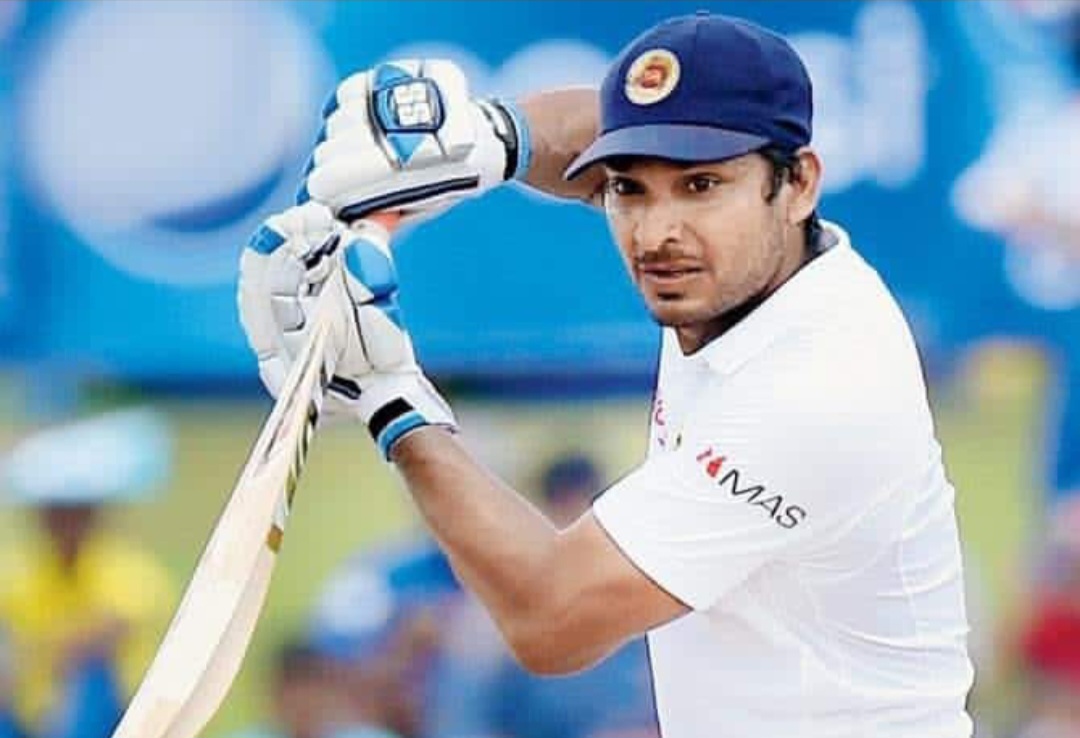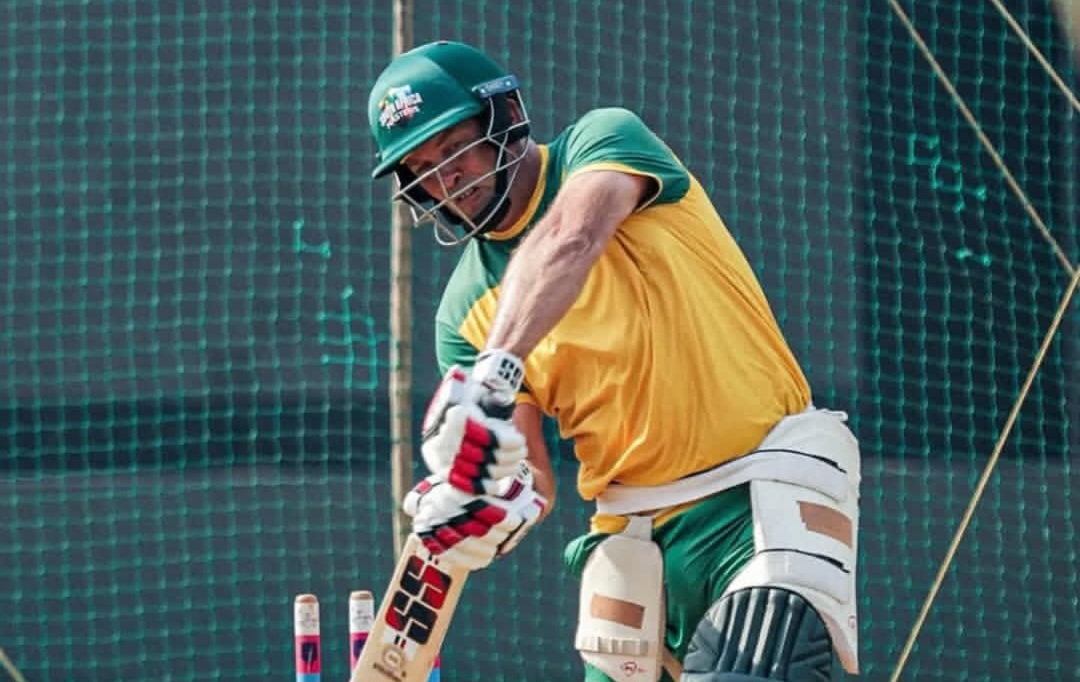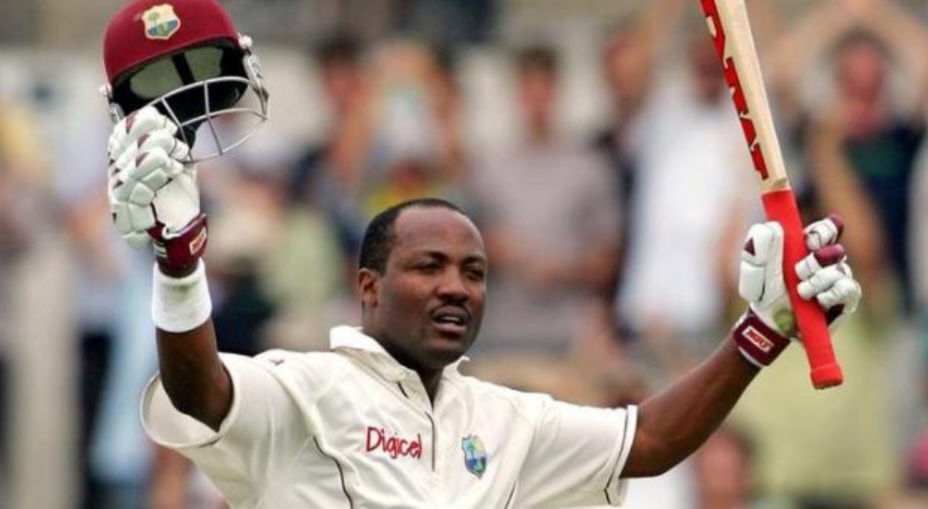The history of New Zealand cricket is fascinating, marked by steady growth, challenges, and significant achievements on the international stage. Here’s an overview of how New Zealand cricket developed:
Early History (19th Century)
-
Introduction of Cricket: Cricket was introduced to New Zealand by British settlers in the early 19th century, with the first recorded game played in 1832 in Wellington.
-
Development of the Game: The sport gradually spread across the country, gaining popularity among the settlers. However, it remained a relatively amateur and social sport in the early years.
20th Century: Establishing the Foundations
-
First International Match: New Zealand played its first-ever international match in 1929-30, when they played Australia in a Test series. The series was part of the development of Test cricket in the Southern Hemisphere.
-
First Test Match: In 1930, New Zealand played their first official Test match against Australia in Christchurch. It was a significant moment for New Zealand cricket, but they were defeated in both of their early Test series against Australia (1930 and 1931).
1930s to 1950s: Slow Progress
-
Early Struggles: New Zealand cricket struggled for many years in the international arena, often being seen as an underdog team, particularly in Test cricket. The first decade of Test cricket for New Zealand was tough, with no series wins against other major cricketing nations.
-
Notable Players: Despite the lack of success on the field, New Zealand produced a few notable cricketers during this period, such as Jack Cowie, who was regarded as a solid bowler for the national team.
1960s: Breakthrough in International Cricket
-
First Series Win: The 1960s marked a breakthrough for New Zealand. They won their first Test series in 1969-70 against the West Indies, a significant achievement that showed the growing strength of their cricketing talent.
-
Strong Performers: New Zealand cricketers such as Bevan Congdon, Richard Hadlee, and Warren Lees were instrumental in shaping the team during this period.
1970s to 1980s: Gaining Respect
-
Consistency in the 1970s: New Zealand became more consistent in international cricket during the 1970s. They began to hold their own against major teams such as Australia and England. In 1973, New Zealand earned Test status with the International Cricket Council (ICC).
-
Warren Lees & Richard Hadlee: In the 1970s and 1980s, the rise of players like Richard Hadlee, one of the greatest fast bowlers in cricket history, elevated New Zealand’s reputation. Hadlee was particularly instrumental, achieving remarkable success against teams like Australia and England.
1990s: Rise to Prominence
-
Dominant Cricketers: The 1990s marked New Zealand’s emergence as a cricketing force in the international arena. Players such as Martin Crowe, Chris Cairns, John Wright, and Stephen Fleming became key players.
-
1992 Cricket World Cup: New Zealand made their first significant mark on the global stage in the 1992 ICC Cricket World Cup. The team reached the semifinals but was defeated by Pakistan. Nevertheless, their run in the tournament showcased their competitive spirit.
-
Stephen Fleming: Under the captaincy of Stephen Fleming (1997-2007), New Zealand cricket saw stability, and Fleming became one of New Zealand’s most influential cricketing figures. He was known for his tactical acumen and leadership qualities.
2000s to 2010s: Consistent Competitors
-
Test and ODI Achievements: Throughout the 2000s, New Zealand developed a reputation as a consistent and competitive team in both Test and One-Day International (ODI) formats. The rise of players like Daniel Vettori (one of the best spin bowlers) and Brendon McCullum (a hard-hitting batsman and wicketkeeper) brought fresh energy to the team.
-
2007 ICC World Cup: New Zealand reached the semifinals of the 2007 ICC Cricket World Cup in the West Indies, showing their ability to compete at the highest level.
-
Brendon McCullum’s Leadership: McCullum, who became the captain of the national team in 2012, led the team with a more aggressive, attacking approach, particularly in Test cricket.
2010s: Global Recognition and Achievements
-
ICC Champions Trophy 2009: New Zealand reached the final of the ICC Champions Trophy, where they lost to the host nation, India. Despite the loss, this period marked New Zealand’s rise as a competitive force.
-
2015 ICC Cricket World Cup: The 2015 World Cup was a milestone for New Zealand, as they reached the final for the first time in their history. They faced Australia in the final, but despite a valiant effort, they lost by seven wickets.
-
Brendon McCullum’s Retirement: In 2016, McCullum retired from international cricket. His aggressive approach to batting and leadership left a lasting legacy, particularly in New Zealand’s revival of Test cricket.
2020s: Achieving Glory
-
ICC World Test Championship 2019-2021: New Zealand achieved its greatest Test achievement by winning the inaugural ICC World Test Championship in June 2021. Under the leadership of Kane Williamson, New Zealand defeated India in the final at The Rose Bowl, Southampton, marking a historic win for the country.
-
ICC T20 World Cup Final 2021: New Zealand reached the final of the ICC T20 World Cup in 2021, although they lost to Australia in the final. Their consistent performance in ICC tournaments continued to build their stature as one of the top teams in world cricket.
-
Kane Williamson’s Leadership: Kane Williamson, one of New Zealand’s most celebrated captains, has led the team to numerous successes across formats, known for his calm demeanor and tactical brilliance. His leadership in the World Test Championship and continued success in white-ball cricket have cemented his legacy as one of the finest modern captains.
Modern-Day New Zealand Cricket
-
Continued Success: New Zealand remains a competitive force in world cricket, with a balanced team across all formats. The team continues to produce top-class players like Devon Conway, Tom Latham, Trent Boult, and Kyle Jamieson.
-
Cricket in New Zealand: The country has continued to embrace cricket at a grassroots level, with a strong domestic structure that feeds into the national team. The Plunket Shield (domestic first-class competition) and the Super Smash (T20 competition) play vital roles in player development.
New Zealand cricket has come a long way from its humble beginnings, and the team is now regarded as one of the most competitive in the world. The nation’s achievements, both on the field and in terms of player development, have made it a respected force in international cricket.











